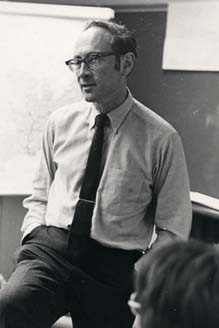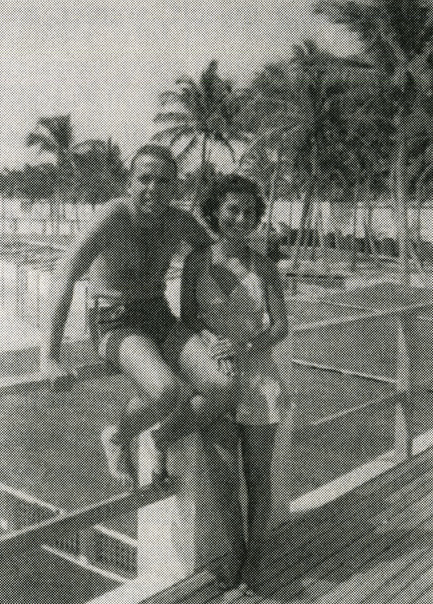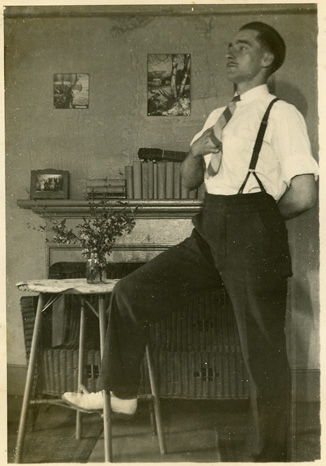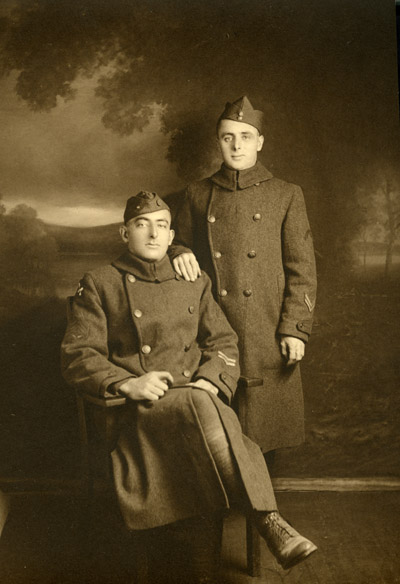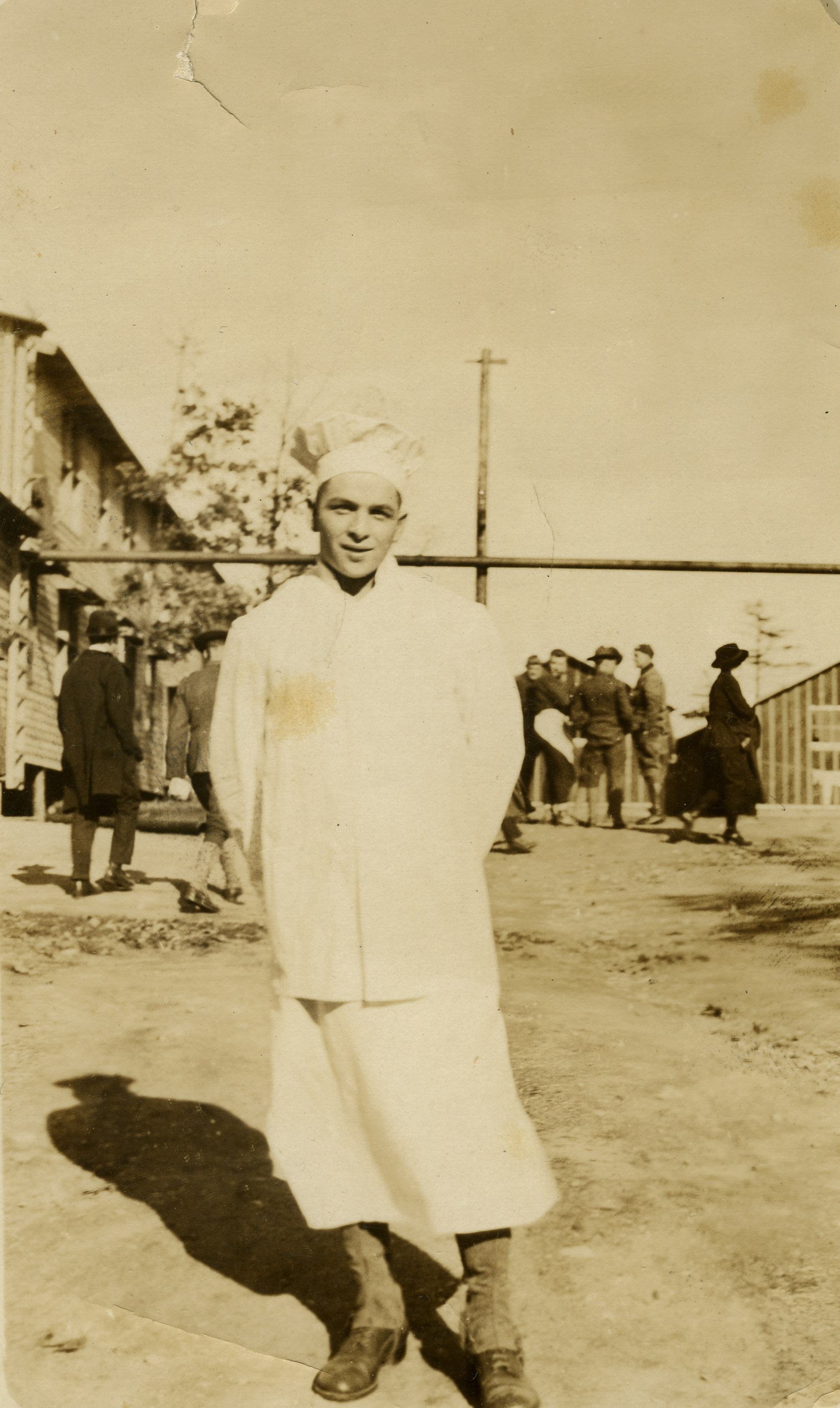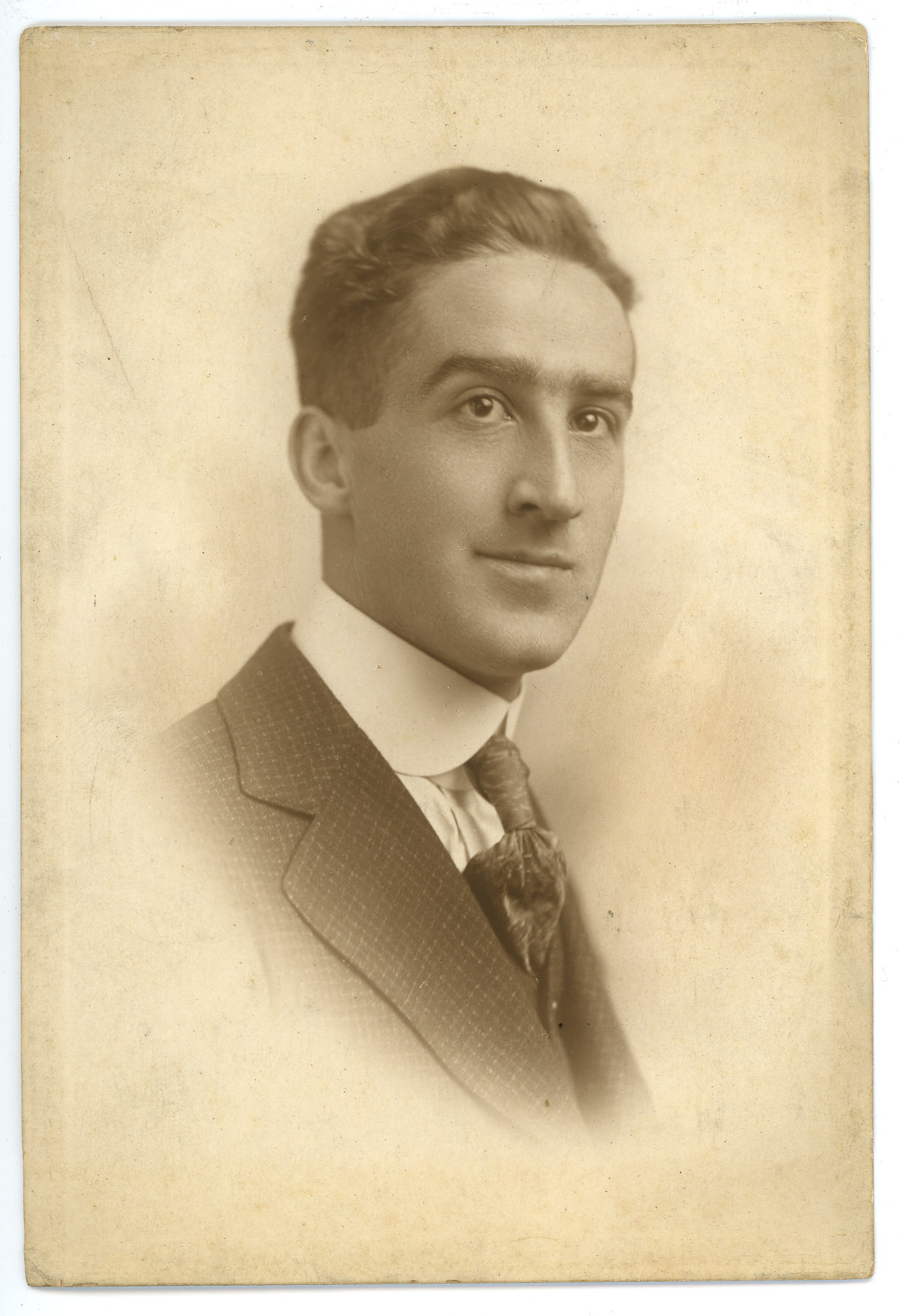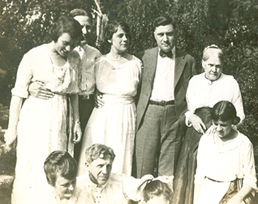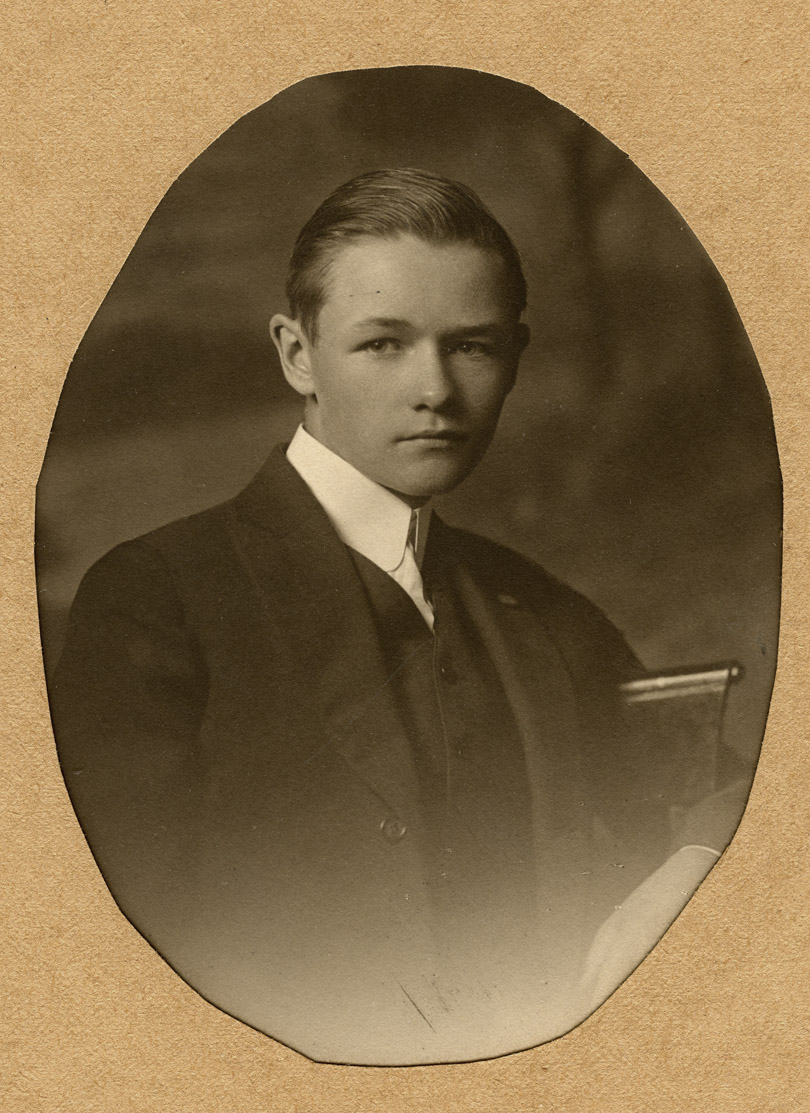Brainerd Taylor Family Papers
A member of a distinguished family of New England educators and clergymen, Brainerd Taylor played an key role assisting the U.S. Army in taking its first steps into modern mechanized warfare. Born in Newtonville, Massachusetts, in 1877, Taylor entered Harvard with the class of 1899, but during the rush of enthusiasm accompanying the start of the Spanish American War, he left before completing his degree to join the military. Serving with the Coast Artillery for several years, he became the Chief Motor Transport Officer for the Advance Section of the Service of Supply for the American Expeditionary Force during the First World War, earning promotion to Colonel, a Distinguished Service Medal, and the Legion of Honor from France for his efforts. Taylor married twice, first to Vesta Richardson, who died in 1919, and then to Helen Cady. Taylor died in 1955.
The Taylor family collection contains more than 1,000 letters documenting the military career and personal life of Brainerd Taylor, with particularly thick coverage of the period of the First World War when he was stationed in France, building the Motor Transport Corps virtually from scratch. These letters are exceptionally well written and rich in description, both about his duties and his travels in France and Germany. The collection also includes Taylor’s extensive correspondence to his father, James Brainerd Taylor (1845-1929), and correspondence relating to Taylor’s wives, children, and grandchildren.

